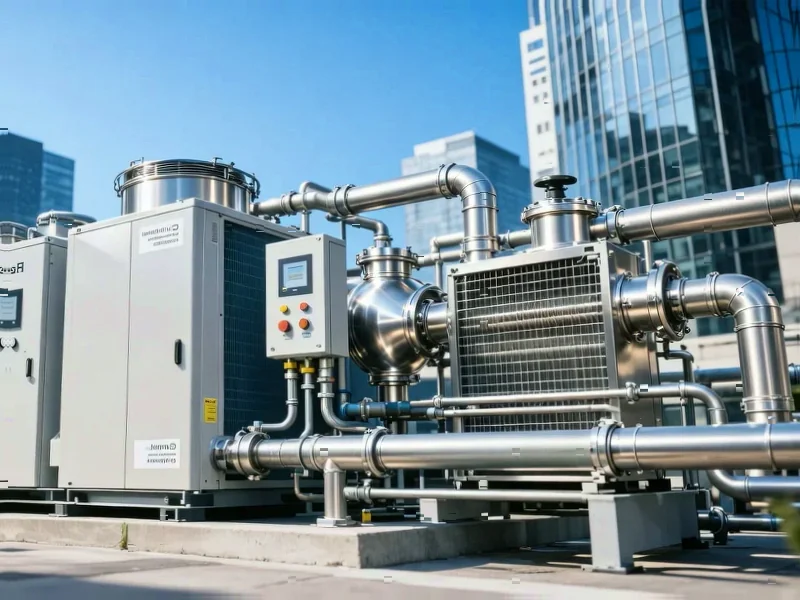Beyond Words: The Next Frontier of AI Communication
AI is moving beyond English and Mandarin to understand deeper languages of biological data. Researchers envision AI systems that collaborate like wolf packs rather than operate like rigid bee colonies. This shift could transform everything from healthcare to how we interact with technology.









